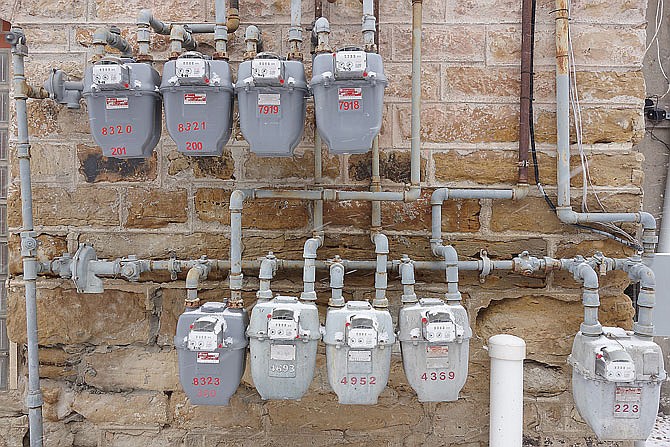Fulton administrators presented a bold new solution to the city's ongoing struggles with its Smart Grid system during Tuesday's City Council meeting.
"I think the term used was, 'we're going to blow the old database up,'" Fulton Director of Administration Bill Johnson said.
In the early 2010s, with the help of a U.S. Department of Energy grant, the city installed smart meters for every residential and commercial electric customer within city limits. The cost to install the 5,500 or so meters totaled around $3 million, with the federal government paying for half.
Since then, the city has paid an additional $1.5 million on the system, Fulton Utilities Superintendent Darrell Dunlap estimated.
The Smart Grid was supposed to save Fulton employees from having to drive around to manually check each meter in town each month, reducing personnel costs and pollution emissions. It was also intended to help the utility department monitor and quickly pinpoint outages.
But, at times, the Smart Grid hasn't lived up to its name.
Fulton got an early version of the system under the grant, and issues came with it. The whole system crashed in 2019, causing ongoing database issues. The affected meters still accurately monitor energy consumption, but that information isn't fed back to the billing system. Instead, employees have to go out and take manual readings.
Story continues below related video.
Over the last couple of months, city employees have been going route by route, testing each meter and troubleshooting along the way. Manually re-entering the meters that weren't communicating with the billing system often fixed the issue.
But the city's database is still a mess.
"There are so many redundant records," Johnson said.
Rather than continuing the painstaking work of testing and troubleshooting each individual meter, the city is considering simply starting a new database.
Dunlap said he met with Smart Grid solution company Anixter, which Fulton has worked with previously, about a potential fix.
"Since we have a server out there, their thoughts are go ahead and download the new program on the server, and they've got handheld (scanners) they use to put in new systems," Dunlap explained.
Anixter or Fulton city employees could simply visit and scan each meter, rapidly building a new, more streamlined database.
Discussions between Fulton and Anixter are ongoing. Dunlap did not offer a price estimate for the fix.
Smart Grid updates will continue on a monthly basis at Fulton City Council meetings.

